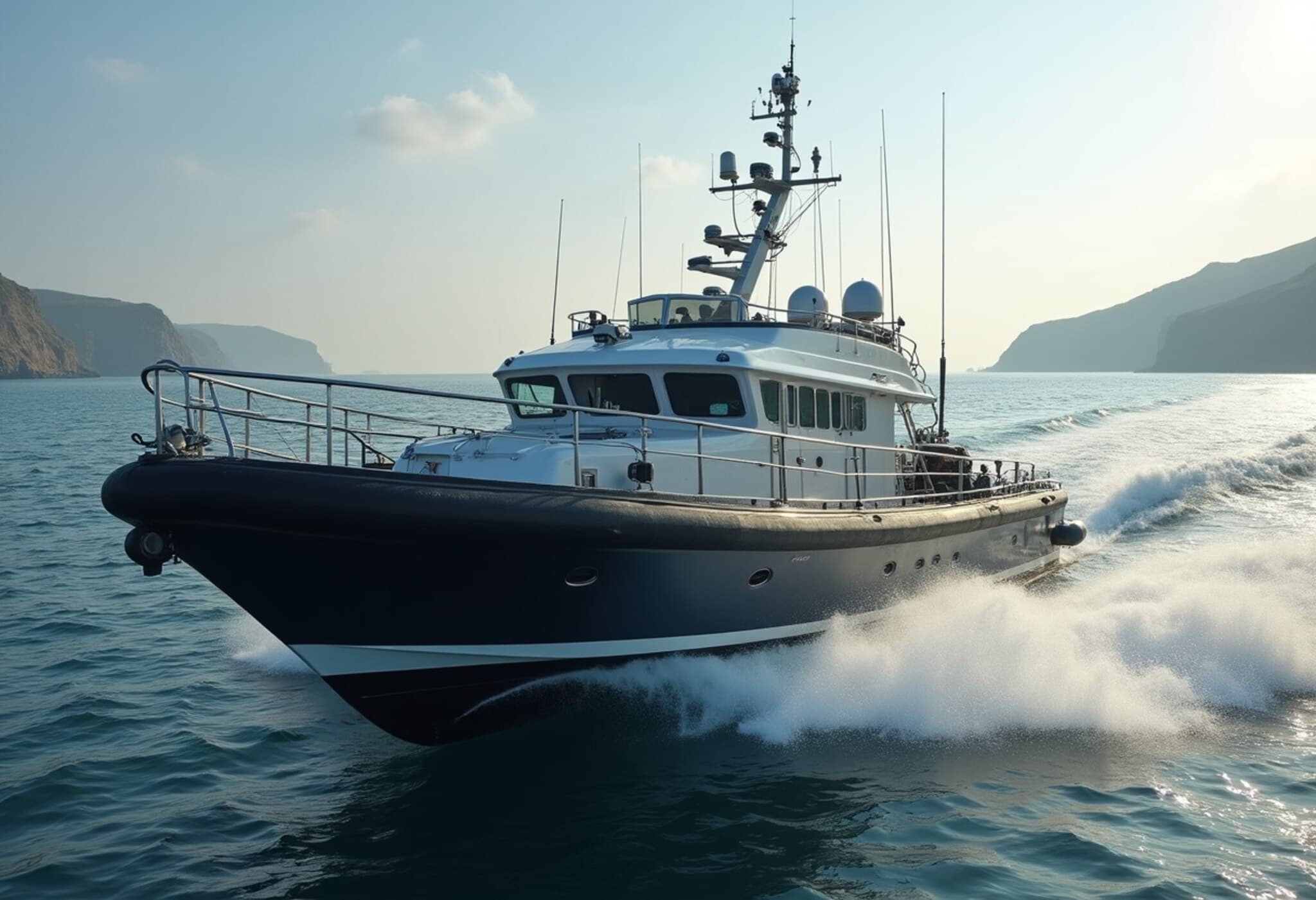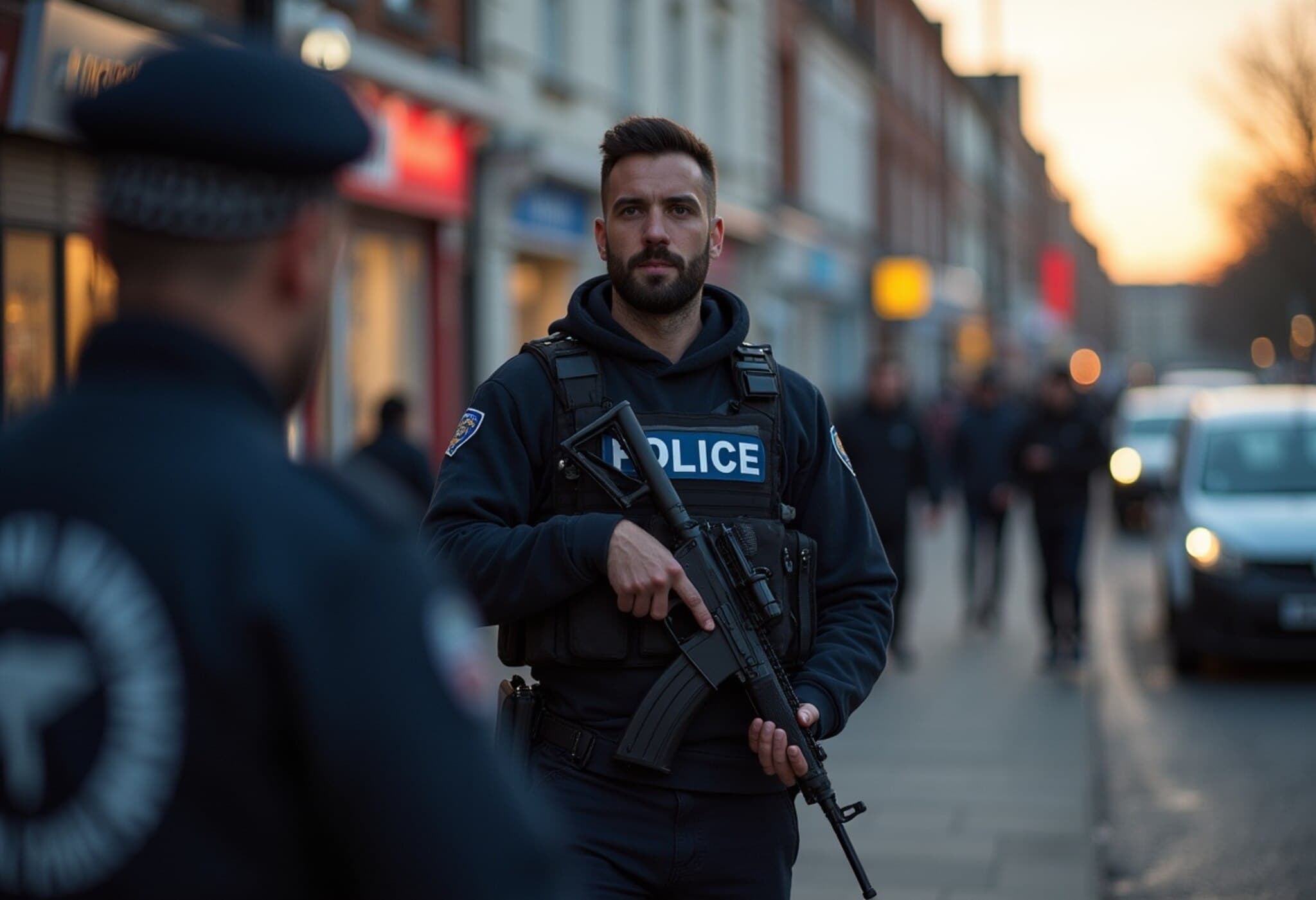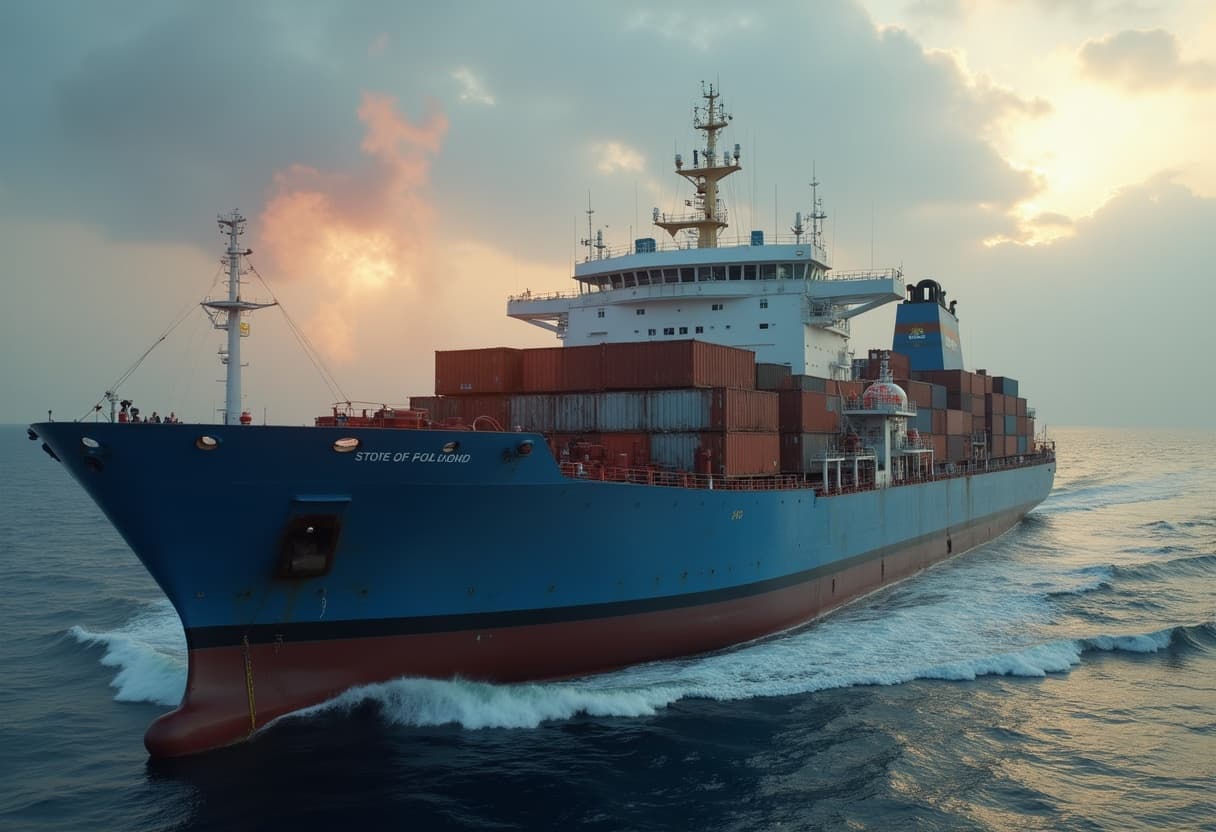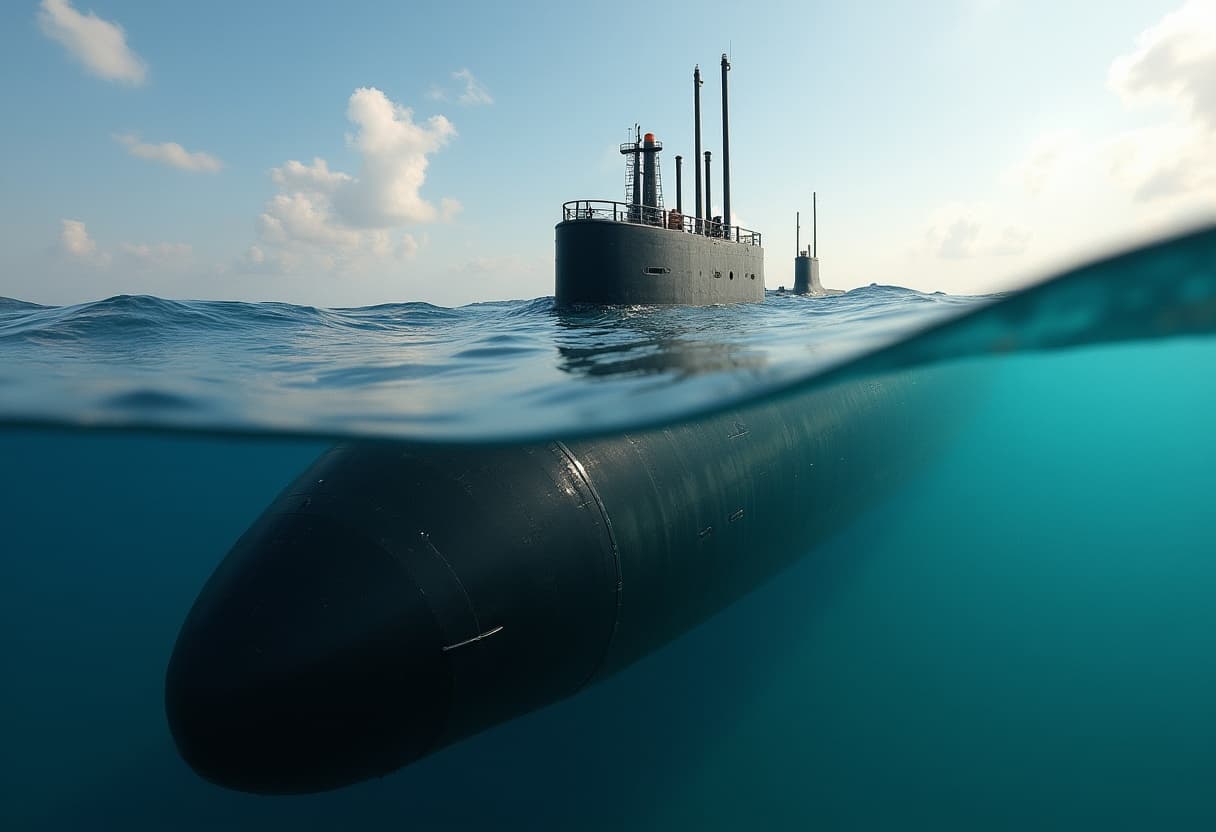High-Speed Sea Pursuit Off Cornwall Coast Leads to Major Drug Bust
In a gripping maritime pursuit last September, UK Border officials intercepted a high-speed boat off the Cornish coastline, resulting in the seizure of cocaine estimated at £18 million. The operation, known as Libellary, dismantled a network employing sophisticated tactics reminiscent of maritime fishing operations.
From 'Mother Ships' to Speedboats: Smuggling Tactics Unveiled
The Border Force cutter HMC Valiant observed a rigid-hulled inflatable boat (RHIB) suspiciously lingering near Cornwall’s shores. The small vessel, designed for speed, attempted to outrun officers over 28 miles, jettisoning multiple cocaine bales into the sea. The pursuit culminated on Gwynver Beach near Land’s End, where three suspects fled into sand dunes but were quickly apprehended.
The smuggling method leverages large 'mother ships' positioned offshore to drop shipments of narcotics. These bales are then collected by smaller, agile boats under cover of night, often landing on remote beaches to evade law enforcement surveillance. This tactic reflects a disturbing fusion of maritime smuggling ingenuity and organized crime operations.
Profile of the Suspects: Human Stories behind the Headlines
Among those arrested was Peter Williams, a fisherman from Hampshire who operated a modest fish business called Fresh from the Boat. Financial hardship struck following the loss of his vessel during Storm Eunice in 2022, making him susceptible to criminal exploitation.
Another figure, Edwin Yahir Tabora Baca, originally from Barcelona, claimed to be a tourist but was identified through phone records as part of the operation's security detail. This highlights how drug networks recruit a diverse cross-section of individuals, sometimes disguising roles through fabricated narratives.
National Crime Agency Insights
Barry Vinall, senior investigator with the National Crime Agency (NCA), likened the operation to “seagulls following fishing trawlers,” where multiple crime groups converge to collect illicit cargoes dropped offshore. Vinall emphasized the complex coordination among organizers, logisticians, and street-level distributors facilitating the drugs’ journey to UK consumers.
Broader Network Uncovered Through Investigation
Further inquiries linked suspects from Essex — Bobbie Pearce, Michael May, and Terry Willis — who traveled in a hired van and a BMW, aiming to transport the drugs to urban centers like London for retail distribution. Phone data connected communications just before the cocaine drop failed and a phone was discarded at sea.
A particularly telling detail was a sticker on the RHIB tracing ownership to Alex Fowlie from West Sussex, who had purchased the boat for £70,000. Despite being on holiday during the bust, Fowlie’s social media activity and NCA intelligence indicated his ongoing role in the smuggling operation, including coordinating subsequent pickups just days later.
Legal Proceedings and Sentencing
On the most recent hearing, Tabora Baca, Johnston, May, and Willis were convicted for conspiracy to import Class A drugs, receiving prison sentences that collectively total decades behind bars. The remaining suspects await sentencing in August, underscoring the UK’s rigorous stance on drug trafficking networks.
Expert Analysis: Implications for UK Border Security
This case captures the evolving challenges British authorities face combating drug smuggling by sea. Criminal organizations increasingly rely on adaptive maritime strategies, blurring lines between traditional fishing activities and illicit trade. It raises urgent questions on resource allocation for patrols, surveillance technology investment, and community engagement to spot suspicious activity along remote coastlines.
Moreover, the socioeconomic vulnerabilities exploited—like those faced by Peter Williams—highlight the need for robust support systems to prevent individuals from being lured into criminal enterprises. Policies that address these root causes are critical for a comprehensive approach to drug enforcement.
Summary: Unfolding a Maritime Web of Crime and Enforcement
- £18 million worth of cocaine seized after a 28-mile chase off Cornwall.
- Use of 'mother ships' and fast RHIBs underscores sophisticated smuggling methods.
- Seven suspects arrested, linking coastal operations to urban drug distribution.
- Legal actions underway with multiple prison sentences imposed.
- Case highlights vulnerabilities in coastal monitoring and socio-economic pressures exploited by traffickers.
Editor’s Note
The Cornwall cocaine seizure serves as a stark reminder of the ingenuity and persistence of drug trafficking networks. Beyond the dramatic sea chases and arrests lies a multilayered socio-political challenge — from maritime border security to local economic resilience. As authorities continue to intercept narcotics shipments, the conversation must also turn toward preventative strategies that address the human factors enabling these criminal enterprises. How can coastal communities be better protected, and what international cooperation is needed to stem the tide of maritime drug smuggling before it reaches our shores?













